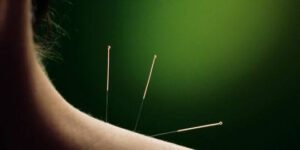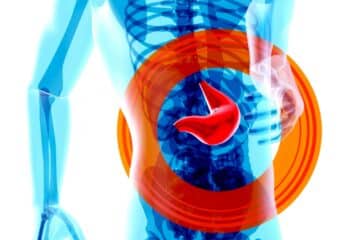
Acupuncture is an ancient form of Chinese medicine that started in China millennia ago. The Chinese used acupuncture to diagnose and treat ailments, and acupuncture became the standard medical practice in China. Acupuncture remained relatively unknown outside China until the 1970s when the US embraced the treatment.
Today acupuncture has increasingly found its use as a pain management solution. Unlike pain medication which can have adverse side effects and is often addictive, acupuncture has little risk. Learn more about the use of acupuncture in pain management below.
How Does It Work?
According to Chinese medicine theory, energy and blood flow throughout the body freely when healthy. When interference occurs in the body’s circulation, it causes pain or illness. Acupuncture restores the body’s circulation to normal, thus resolving the cause of pain or illness.
Although it may seem complex how acupuncture works, scientists have discovered the procedure triggers the body to produce endorphins, which are natural painkillers, however far more profoundly, scientists have discovered that acupuncture actually can reverse the pain pattern entirely. Acupuncturists achieve this by simulating the sensory nerves.
The procedure encourages the release of the body’s vital energy necessary for self-healing. Acupuncture also encourages the release of serotonin, the brain chemical responsible for mood regulation. Most people say they feel relaxed and energized after the treatment.
Types of Pain that Acupuncture Relieves
Studies by the National Institutes of Health (NIH) show that acupuncture works effectively in managing the following types of pain:
- Dental pain
- Headaches
- Lower back pain
- Menstrual cramps
- Myofascial pain
- Osteoarthritis pain
- Tennis elbow
What to Expect When You Visit the Acupuncturist
Before applying the treatment, an acupuncturist examines you to determine the best way to treat your pain. Depending on the acupuncture points, you either lie down or sit during the procedure. During an acupuncture session, the acupuncturist inserts hair-thin single-use needles at specific points in your body.
Most people do not report feeling pain as the acupuncturist inserts the needle. You may only feel some pressure as the needle enters the acupuncture point and may feel a dull ache at the base of the acupuncture needle.
Acupuncturists may possibly apply heat to increase the healing effect. The practitioner also sterilizes the site on the body before inserting points to prevent infection.
Acupuncture needles stay in the body for a number of minutes, depending on the type of treatment, after which the acupuncturist removes them. People with chronic pain may have to attend more than one session before they see improvements.
Acupuncture Standards and Regulations
Acupuncture in the US is FDA, national board and state board regulated. Thus, acupuncturists must hold a license of practice. The FDA regards acupuncture needles as medical devices and sets manufacturing and labeling standards for the needles.
Before booking an acupuncture session with an acupuncturist, always ensure they are licensed practitioners. When performed by a licensed acupuncturist, there is less risk of infection, and you can be sure that the acupuncturist applies FDA safety standards in their practice.
Risks in Acupuncture Treatment
Acupuncture is a generally safe procedure when applied correctly. However, acupuncture may not be the best pain management alternative in certain cases that effective practitioners would isolate in an initial intake.
If you are pregnant, always inform your practitioner before they begin the procedure to utilize safe methods in such cases.
Acupuncture is a low-risk pain management solution that you can use to treat several health conditions at once. Using acupuncture definitely beats taking pain medication all the time and risking being addicted to opioids. However, seek advice from your primary care doctor before signing up for acupuncture.
If you are tired of taking pain medications, we can help. Contact us today to book a care session with our acupuncturists in Milwaukee.


